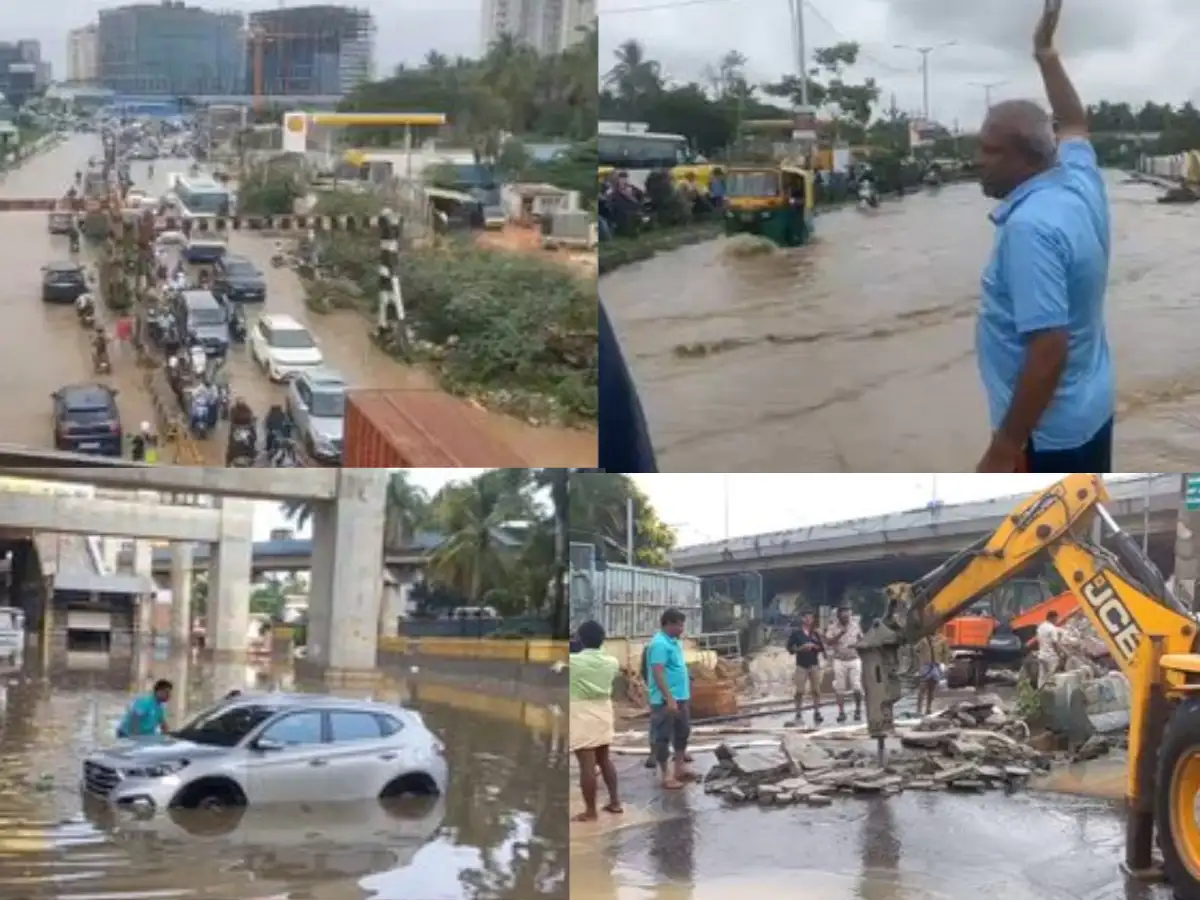Bengaluru, a city grappling with the perennial challenge of urban flooding, is making last-minute preparations as the monsoon season approaches.
The Bruhat Bengaluru Mahanagara Palike (BBMP) has announced an allocation of approximately Rs 65 lakh from the National Disaster Mitigation Fund for the procurement of essential flood-relief equipment. This initiative, while seemingly proactive, also tacitly acknowledges the limitations of the city’s existing infrastructure in effectively managing the anticipated deluge. The move sparks a critical discourse on whether this reactive approach truly aligns with the long-term vision of building a truly sustainable, zero-net carbon, and resilient urban environment, capable of withstanding the increasing intensity of climatic events.
The decision to independently acquire a comprehensive suite of flood-response equipment, including inflatable boats, life jackets, centrifugal pumps, chainsaws, bolt cutters, ropes, and handheld torches, marks a significant departure for the BBMP. Historically, the civic body has relied heavily on the State and National Disaster Response Forces (SDRF/NDRF) and the Fire Department for critical rescue and relief operations during flood crises. This shift towards self-sufficiency, while offering greater immediate operational control, underlines the growing frequency and severity of urban flooding incidents that necessitate a more localised and rapid response. Officials believe this new arsenal will prove invaluable during emergencies, enhancing the speed and efficacy of interventions in severely waterlogged areas. The impetus for this focused procurement stems directly from the distressing experiences of past monsoons, which saw extensive flooding in areas like Sai Layout, ST Bed, and HBR Layout. These recurring inundations underscore the BBMP’s implicit recognition that the impending monsoon season could present challenges of a similar or even greater magnitude. The memory of residents attempting to push out submerged vehicles and the reliance on improvised solutions, such as using earthmovers for food delivery and tractors for evacuations, has undoubtedly influenced this decision. A senior BBMP official noted that the new equipment aims to provide more appropriate and safer tools for such dire situations, moving beyond ad-hoc measures.
However, this substantial investment in flood-response tools has not escaped scrutiny. Critics argue that while the equipment may offer immediate relief, it largely represents a reactive strategy that fails to address the underlying systemic vulnerabilities contributing to Bengaluru’s chronic flooding woes. RTI activist BH Veeresh, among others, has voiced strong criticisms, asserting that the BBMP had ample opportunity to implement fundamental preventative measures. These include the crucial desilting of stormwater drains, the rigorous removal of encroachments on natural water channels, and a more robust promotion of rainwater harvesting initiatives across the city. Veeresh lamented that instead of tackling these root causes, the civic body appears to be primarily preparing for damage control, highlighting alleged irregularities within the Storm Water Drain (SWD) division that he claims remain uninvestigated. The broader implication of this debate extends to Bengaluru’s commitment to becoming a truly sustainable and equitable city. While immediate disaster preparedness is essential, a holistic approach demands proactive measures that mitigate the very conditions leading to such disasters. Effective stormwater management, the protection of natural floodplains, and the integration of green infrastructure are paramount for long-term urban resilience. Relying solely on post-event rescue equipment, without addressing the structural deficiencies that lead to waterlogging, risks perpetuating a cycle of crisis management rather than fostering genuine urban sustainability.
For Bengaluru to truly thrive as a green and livable city, a shift from merely managing floods to preventing them through robust, environmentally conscious urban planning and enforcement is not just desirable, but absolutely imperative.
Also Read: Pune Activists Demand Cancellation of Rs 66 Crore Waste Project


